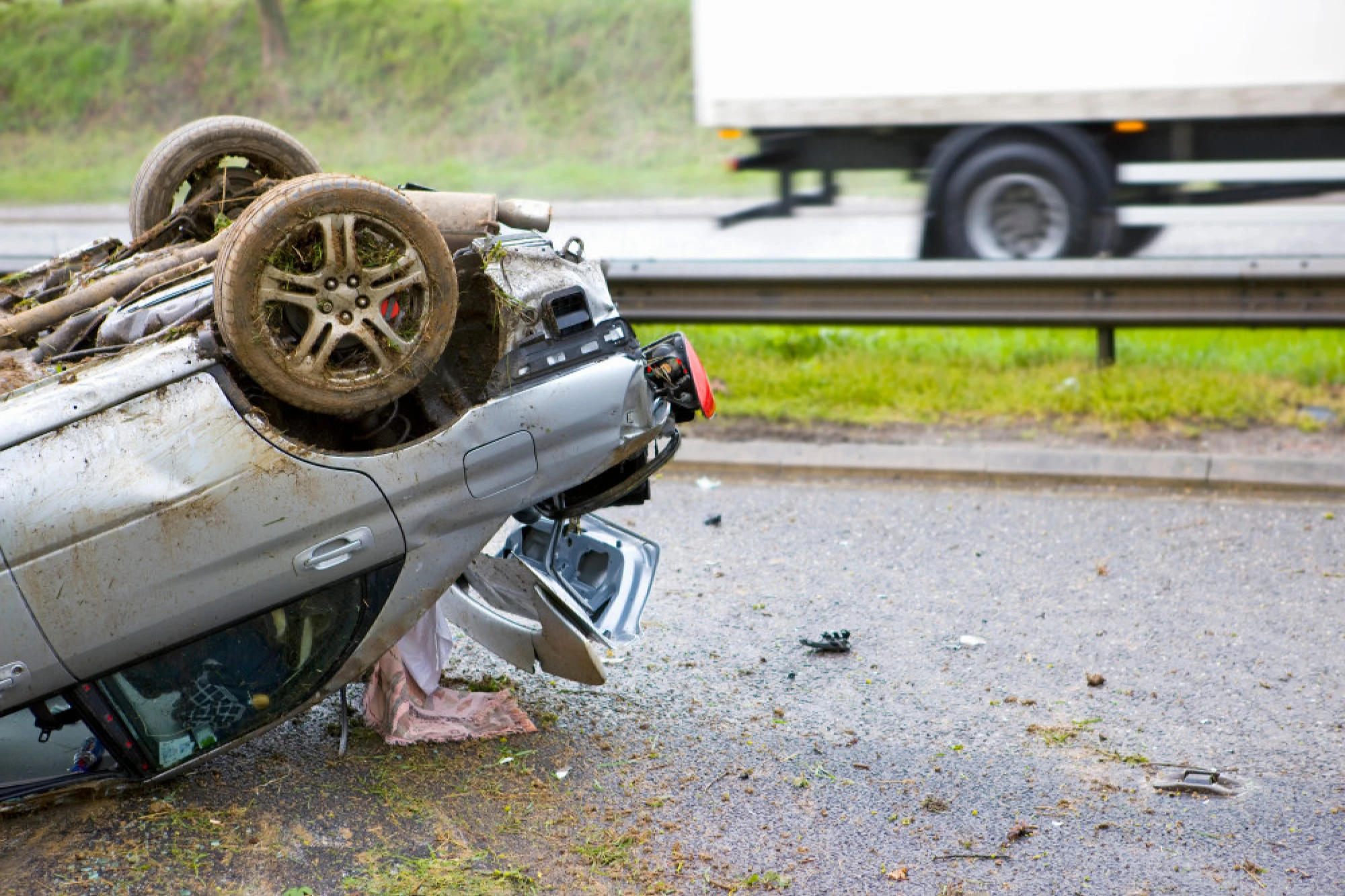Slip and fall injuries happen quickly, but the effects can last months, years, or even a lifetime. A wet floor, uneven concrete, poor lighting, loose carpet, or cluttered walkway may seem minor at a glance — but when they cause someone to fall, the resulting damage can be devastating. Back injuries, broken bones, head trauma, and joint damage are all common outcomes, and recovery can require ongoing treatment, missed work, and serious lifestyle adjustments.
If you were injured in a slip and fall, you may be wondering whether the property owner can be held responsible. The answer depends on one crucial question: Was the property owner negligent in maintaining safe conditions? Proving that requires evidence, legal strategy, and a clear understanding of premises liability law.
That’s where an experienced slip and fall attorney can help. At Sellers Law Firm, we work with injured individuals and families to uncover the causes of the injury, determine whether negligence occurred, and pursue compensation that reflects the full impact of the injury — not just the immediate medical bills.
Call us today to fight for what you deserve: (817) 928-4222.
What is premises liability?
Premises liability is an area of law that holds property owners responsible for maintaining reasonably safe conditions on their property. Whether the property is a grocery store, parking lot, office building, apartment complex, or private residence, owners and managers have a legal duty to prevent hazards that could cause injury to visitors.
However, the level of responsibility depends on the visitor’s legal status:
- Invitees (such as customers in a store) are owed the highest duty of care. Property owners must inspect the property regularly and address hazards promptly.
- Licensees (such as social guests) must be warned of known dangers.
- Trespassers have very limited protections, though exceptions exist for minors.
In slip and fall cases, the key question becomes whether the property owner knew or should have known about the dangerous condition and failed to fix it or warn visitors.
Slip and fall case examples
Slip and fall cases can happen anywhere, but common scenarios include:
- Grocery stores: Spills that are not cleaned promptly or a lack of floor signage.
- Restaurants: Grease near kitchens or drink stations leading to slippery walkways.
- Parking lots: Potholes, cracked pavement, or ice left untreated.
- Apartment complexes: Broken stair rails, uneven stairs, or dimly lit hallways.
- Retail stores: Merchandise left in aisles or poorly maintained flooring.
Not every incident automatically leads to liability. However, when a hazard is ignored or poorly handled, the property owner may be held financially responsible for the resulting injuries. Accidents caused by negligence — whether on foot or behind the wheel* — often result in serious, long-term consequences.
*Learn more about what can cause permanent disability after a car crash
How to prove negligence in a slip and fall
To prove negligence in a slip and fall case, a personal injury attorney must establish four key elements:
- Duty of care: The property owner was responsible for keeping the area reasonably safe.
- Breach of duty: The owner knew or should have known about the dangerous condition and failed to address it.
- Causation: The unsafe condition directly caused your injury.
- Damages: You suffered physical, financial, or emotional harm as a result.
An experienced slip and fall attorney will demonstrate that the hazard existed long enough for the property owner to discover and correct it, or that the owner ignored known risks.
Why are slip and fall cases hard to win?
Slip and fall cases are sometimes challenging because property owners and insurance companies often argue that the injured person was partially or fully at fault. They may claim:
- The hazard was “open and obvious.”
- The injured person was distracted (for example, using a phone).
- Appropriate warning signs were present.
- The injured person was wearing unsafe footwear.
Insurance companies are trained to minimize claims — and without legal representation, it’s easy for injured individuals to be pressured into accepting an unfair settlement or no settlement at all.
A slip and fall attorney anticipates these defenses and builds a strategy to counter them. Their role is to shift the focus back to the property owner’s responsibility and the preventable nature of the hazard.
What evidence helps a slip and fall case?
Strong slip and fall cases rely on clear documentation. Useful evidence may include:
- Photos or videos of the hazard at the time of the fall
- Cleaning and maintenance logs
- Witness statements confirming the dangerous condition existed
- Incident reports filed at the scene
- Medical records showing injuries consistent with the fall
- Safety records showing past problems at the location
- Expert testimony, such as building safety professionals or medical specialists
Because conditions can change quickly — spills are cleaned, walkways repaired, cameras overwritten — the sooner you contact a lawyer, the better the chance of securing key evidence.
Injured in a slip and fall? Let our slip and fall attorneys help you get back on your feet.
If you’ve suffered a slip and fall injury, you’re likely dealing with pain, stress, and uncertainty. Medical bills add up quickly, and missing work can make recovery even harder. You shouldn’t have to navigate the aftermath alone — especially when property owners and insurance companies are working to protect their financial interests, not yours.
The slip and fall attorneys at Sellers Law Firm are here to help. We take the time to understand your situation, investigate the conditions that led to your injury, and build a case that accurately reflects what you’ve lost — physically, financially, and emotionally. Our team works tirelessly to secure compensation for:
- Medical expenses
- Lost wages and reduced earning capacity
- Rehabilitation and long-term treatment
- Pain and suffering
- Loss of quality of life
We handle the legal work so you can focus on healing. Call us at (817) 928-4222 or schedule a consultation online to get the compensation you deserve.
More Helpful Articles by Sellers Law Firm:
- How Insurance Companies Undervalue Personal Injury Claims, and How to Fight Back
- The Truth about Uninsured Motorist Coverage in Texas
- Can You Sue for Minor Injuries in Texas?
- What to Do after a Slip and Fall Accident
- Uber-Injured? Why You May Need a Rideshare Injury Lawyer





